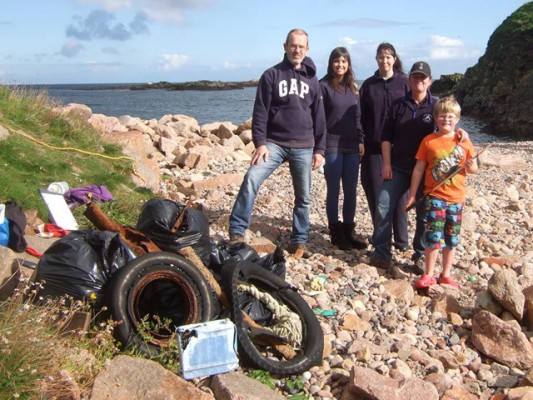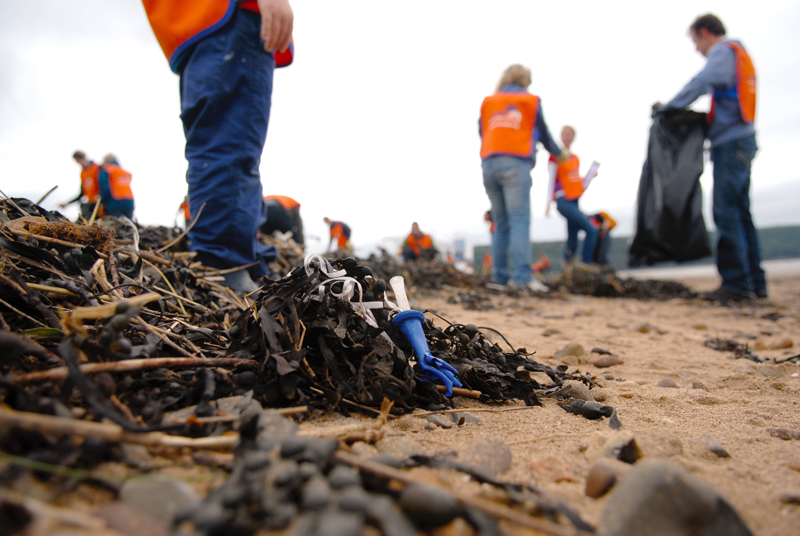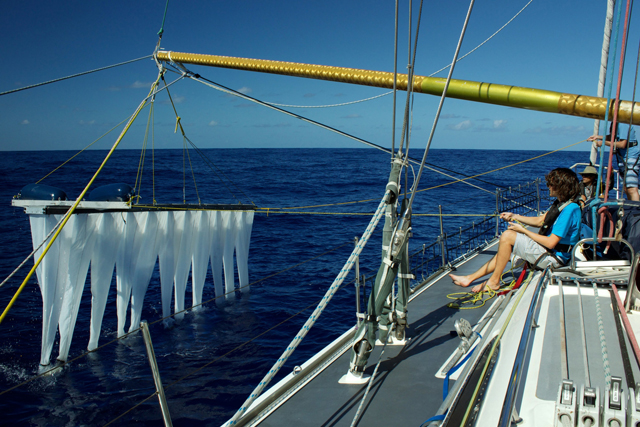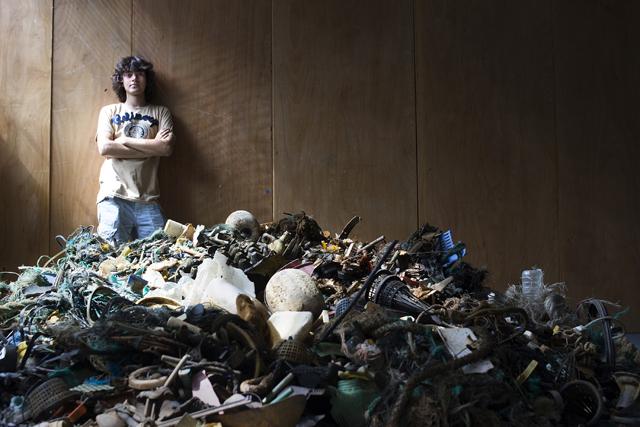The Marine Conservation Society is celebrating a £175,000-boost towards its campaigns to tackle beach litter and to encourage the public to buy the most sustainable seafood.
The Marine Conservation Society (MCS) is celebrating a £175,000-boost towards its campaigns to tackle beach litter and to encourage the public to buy the most sustainable seafood.
The funding from the People’s Postcode Lottery means that throughout 2015, the MCS will be able to get many thousands more volunteers out on local beaches, to clean up rubbish and find out where the material comes from, so that it can be stopped at source.
MCS chief executive Sam Fanshawe said: ‘Litter levels have been rising, not falling, through the years we’ve surveyed beaches.
‘If we’re to turn the tide on litter, and remove the threat that litter poses to wildlife and to people, we need to scale up our beach litter clean up and survey work.
‘That’s why this support is so timely. It is really exciting that with the support from the players of People’s Postcode Lottery we can get even more people actively involved in not only removing rubbish from our beaches but finding out where it comes from so we can stop it getting there in future.’
New advice guides and mobile phone apps will be made for shoppers to take to the supermarket or fish and chip shop, giving them the power to choose the most sustainable seafood.
With more than 70% of European fish stocks classed as overfished or depleted, the public needs these tools to make the right choices at the fish counter.
TV adventurer and presenter Kate Humble welcomed the news, saying: ‘The Marine Conservation Society is doing fantastic work to ensure that our coastline, our beaches and our sea can be enjoyed for generations to come, and most importantly can remain thriving habitats for some of the most wonderful wildlife we have.
‘Support from players of People’s Postcode Lottery will be invaluable in helping the Society to keep our seas fit for all life, and for all of us.’
Kate added: ‘The thing that concerns me most is that so many people simply refuse to accept that the sea is not a bottomless resource of fish, that things can be dumped in it and will somehow magically disappear, that it can continue to be exploited the way it is now, with no ill-effects.
‘This absolutely has to change.’
Read more at www.mcsuk.org
Beach litter piling up on UK beaches
Ever-increasing beach litter is arriving on every wave and gust of wind, say the MCS
A sure way of reducing litter in the sea
Is to follow one simple rule
Throwing plastic overboard attracts aliens
Creatures cling to litter in the sea
The Ocean Cleanup project achieves target
The $2,154,282 raised makes it ‘the most successful non-profit crowd funding campaign in history'
Teenager invents feasible solution to clean up ocean plastic
The Ocean Cleanup is seeking to crowd fund $2million for the next phase of the project








